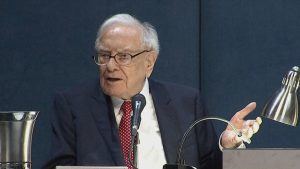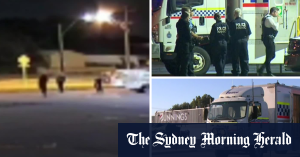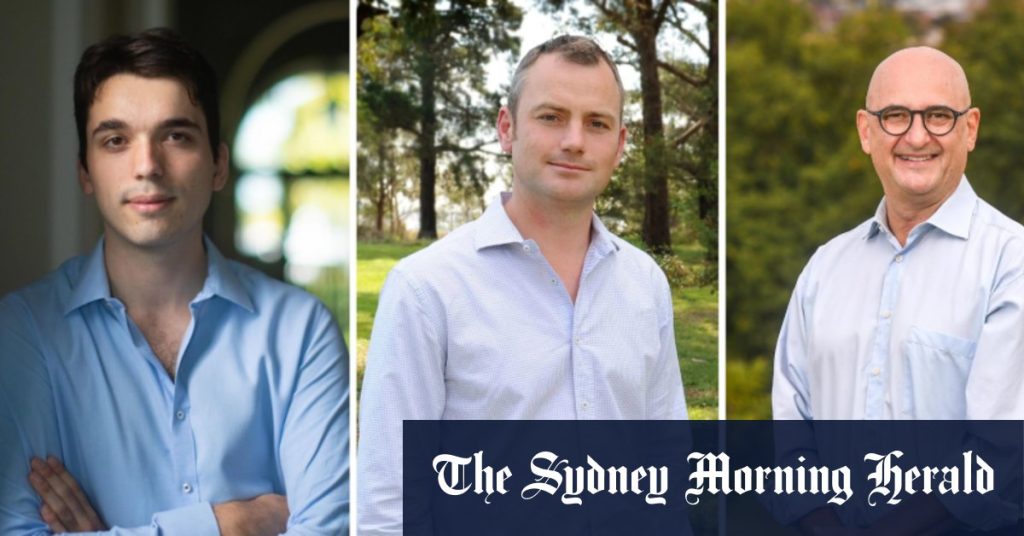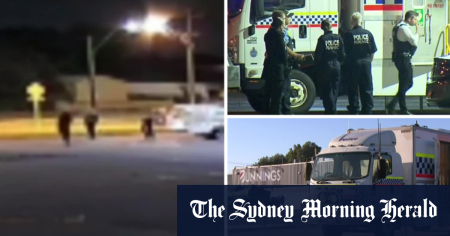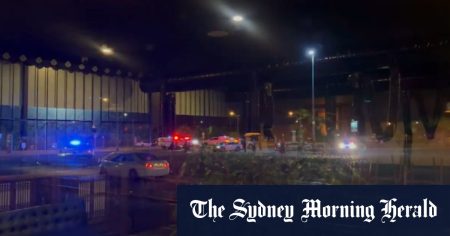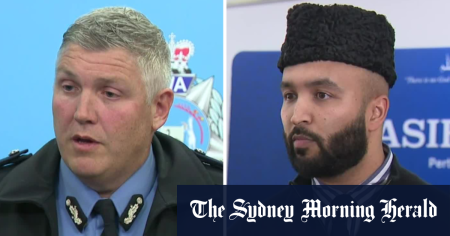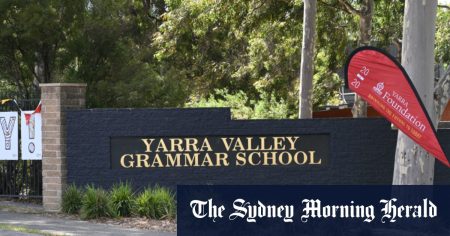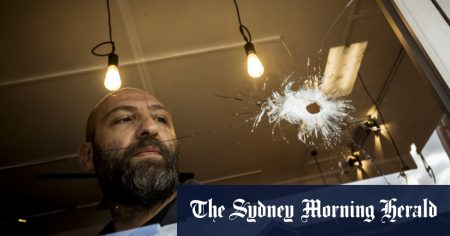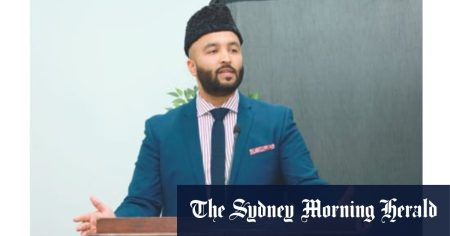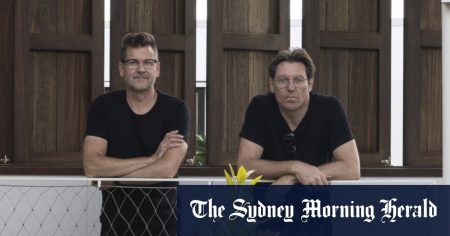Independent candidates, referred to as teals, have been making their presence known in local council elections in Melbourne. Simon Holmes a Court, founder of Climate 200, has shown his support for the Voices of Kooyong push to encourage more independent candidates to run for council positions. Holmes a Court, although not directly affiliated with Voices of Kooyong, has expressed his general support for the movement. The Voices of Boroondara group aims to support new candidates in areas where the current councillors do not align with the values of the community. This push for more independent candidates is fueled by a desire for good governance, environmental leadership, and a shift away from traditional conservative values in local councils.
Victor Franco, a current Boroondara councillor, considers himself aligned with the teals due to his focus on good governance and environmental issues. He believes that the Liberal party has moved away from the values of many urban residents, leading to a rise in independent candidates in traditionally Liberal strongholds. Similarly, Susan Biggar, another potential council candidate, sees the importance of fighting climate change at all levels of government. While she agrees with many of the principles of the teals, she does not categorize herself specifically as such. The growing presence of teals in local council elections indicates a shift towards more independent voices and a departure from traditional party politics.
Professor Mark Kenny from the Australian Studies Institute at the Australian National University views the emergence of teals in local council elections as a strategic move that could benefit the movement in future federal elections. The teals’ focus on broader ideals, such as transparency and climate action, may resonate with voters in local elections. However, Doctor Zareh Ghazarian, head of politics and international relations at Monash University, points out that the success of teals in state elections has been limited due to funding requirements and differing dynamics. It remains to be seen whether the teal movement will have a lasting impact on Australian politics beyond the 2022 elections.
As the teal movement gains momentum in local council elections, councils such as Glen Eira and Port Phillip are likely to be targeted by independent candidates. The increasing sophistication and strategic approach of the teals indicate a growing influence in Australian politics. The influence of teals in local government elections could potentially shape the political landscape leading up to the federal election. The teals’ focus on issues such as governance, environment, and transparency may attract voters looking for alternatives to traditional party politics. The rise of teals in local councils represents a shift towards independent voices and a desire for change in the Australian political landscape.
In conclusion, the emergence of independent candidates, known as teals, in local council elections in Melbourne is indicative of a growing desire for alternative voices and a departure from traditional party politics. The support of influential figures such as Simon Holmes a Court and the strategic approach of the teal movement suggest a shift in the political landscape. While the success of teals in state elections has been limited, their impact on local council elections could pave the way for future federal election campaigns. The focus on governance, transparency, and environmental issues by teals resonates with voters seeking change and reform in Australian politics. The growth of teals in local councils signifies a broader movement towards independent voices and a reconfiguration of traditional party dynamics in Australian politics.

